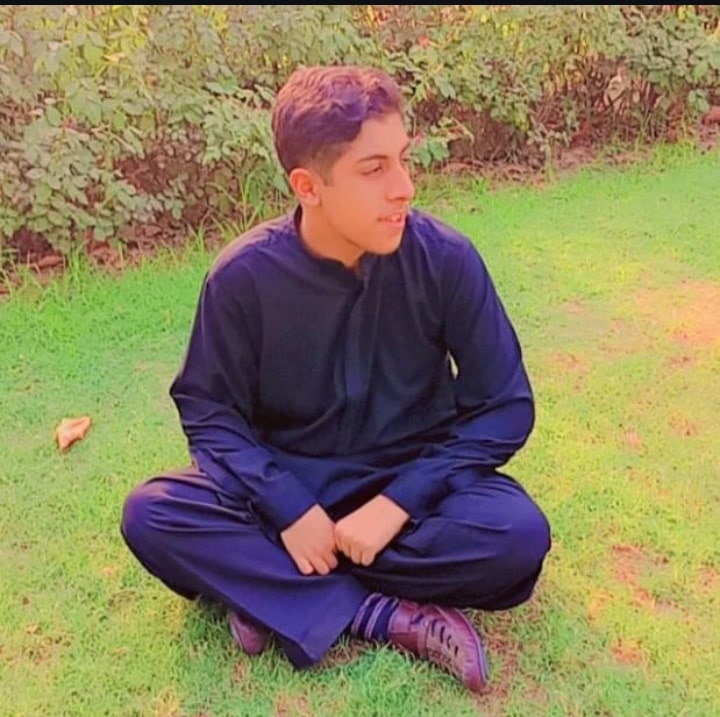How to Remember Allah’s Blessings and Give Thanks for Them is more than a habit. It is a deep act of faith that connects the believer with Allah (Glorified and Exalted be He). Every moment in life holds blessings from Allah, from the air we breathe to the peace in our hearts. True thankfulness means recognizing these gifts, speaking about them, and using them in ways that please Him. The Qur’an and Hadith of Jabir remind us that praising Allah for His blessings brings more goodness. By practicing gratitude of the heart, we draw closer to our Creator and strengthen our trust in His mercy and wisdom.
The Importance of Remembering Allah’s Blessings
The Qur’an teaches us that faith and gratitude go hand in hand. When a believer keeps acknowledging Allah’s grace, the heart becomes stronger in trust. Gratitude is not only words. It is a way of life. Each moment of thankfulness becomes worship.
In today’s busy USA lifestyle, it’s easy to get lost in work and social life. But stopping to notice blessings from Allah—health, peace, family, safety—can change your day. Remembering His gifts reminds us of our purpose and keeps our soul at rest.
Quran and Hadith on Gratitude and Acknowledging Blessings
The Qur’an says: “And remember the favor of Allah upon you” (Surah Al-Ahzab 33:9). This verse was explained by Ibn Kathir in Tafsir Ibn Kathir as a reminder to the companions of the help Allah gave during the Battle of the Trench.
The Prophet Muhammad ﷺ taught that speaking about blessings is an act of thankfulness. In Hadith of Jabir, recorded by Al-Bukhari (Al-Adab Al-Mufrad), he said that telling others about the good given to you is part of Quran and Hadith on gratitude. This combines faith with action.
How to Recognize the Blessings of Allah
Some blessings are clear, like food and shelter. Others are hidden, like inner peace or a moment of guidance. To recognize them, slow down and notice. Think of the fresh air, the ability to walk, and the gift of Islam. These are blessings from Allah.
In Tafsir Surat Al-Baqarah, Shaykh Ibn ‘Uthaymin explained that recognition begins in the heart, moves to the tongue, and then appears in deeds. This chain keeps a believer grounded in reality and in faith.
Gratitude of the Heart: Accepting and Acknowledging Blessings
Gratitude of the heart is private and silent. It means you accept that every good thing comes from Allah. Al-Harawi said it begins with admitting your need for Him and seeing yourself as dependent on His mercy.
Ibn Al-Qayyim in Madarij As-Salikin described it as “acknowledging inwardly, speaking outwardly, and using blessings to please Allah.” Without this, thankfulness is incomplete. This is heartfelt gratitude to Allah.
Gratitude of the Tongue: Speaking of Allah’s Blessings
The Qur’an says, “But as for the favour of your Lord, report it” (Surah Ad-Duha 93:11). Surah Ad-Duha 93:11 meaning includes praising Allah openly and inspiring others. This is the gratitude of the tongue.
Muqatil said it’s about telling people that Allah has given you wealth, health, or knowledge, while still staying humble. Speaking in this way spreads goodness and strengthens community faith.
Gratitude in Action: Using Blessings in the Right Way
Actions prove the truth of the heart and tongue. Gratitude in actions means giving charity, helping neighbors, and avoiding harm. It is the physical proof of love for the Creator.
Using your skills, wealth, or time for good is using blessings to please Allah. Az-Zajjaj said it is a sign of living gratitude, not just speaking it.
“So Which of the Favors of Your Lord Will You Deny?” — A Divine Reminder
This verse from Surah Ar-Rahman is repeated often to remind us that denial is not just refusing with words but living as if the blessing doesn’t exist. It shakes the heart awake.
For a believer in the USA, this can mean reflecting on safety, religious freedom, and access to knowledge. Each is a gift from the Most Merciful.
The Two Meanings of “Speak of the Favour of Your Lord”
Al-Kalbi and Mujahid explained two meanings. The first is telling others about personal blessings. The second is calling people to Islam and teaching the Qur’an. Both are forms of worship.
In Al-Wabil As-Sayyib, Ibn Al-Qayyim said manifesting blessings is part of signs of true shukr. When hidden, blessings may fade; when shared for Allah’s sake, they grow.
Spiritual and Worldly Benefits of Gratitude
Spiritual benefits of gratitude include inner peace, a stronger connection with Allah, and protection from envy. Worldly benefits include improved relationships, better health, and more opportunities.
| Spiritual Benefits | Worldly Benefits |
| Closer to Allah | Better mood |
| Inner calm | Stronger ties |
| Protection from sin | More blessings |
Avoiding Ingratitude: Practical Steps and Duas
Avoiding ingratitude in Islam means fighting arrogance and forgetfulness. Make it a habit to journal blessings and say “Alhamdulillah” often. Read the dua taught by Prophet Muhammad ﷺ for the morning and evening.
One practical way is to remember the saying of Ibn Al-Qayyim in Madarij As-Salikin: gratitude grows when you link every good in your life back to Allah.
FAQ’s
How to Remember Allah’s Blessings through Prayer
One way to practice How to Remember Allah’s Blessings and Give Thanks for Them is by praying with focus. Prayer connects the heart to Allah and nurtures gratitude.
How to Remember Allah’s Blessings through Reflection
To follow How to Remember Allah’s Blessings and Give Thanks for Them, reflect on your health, family, and faith. Thinking deeply about them builds humility before Allah.
How to Remember Allah’s Blessings through Charity
Practicing How to Remember Allah’s Blessings and Give Thanks for Them includes giving to those in need. Helping others with time or wealth shows sincere gratitude in action.
How to Remember Allah’s Blessings through Learning
A good step in How to Remember Allah’s Blessings and Give Thanks for Them is studying Quran and Hadith. Knowledge helps you recognize blessings and respond with worship.
How to Remember Allah’s Blessings through Gratitude Journaling
When doing How to Remember Allah’s Blessings and Give Thanks for Them, write down three blessings each night. This habit keeps your heart aware of Allah’s endless gifts.
Conclusion
How to Remember Allah’s Blessings and Give Thanks for Them is a lifelong journey. It starts in the heart. It grows with words and actions. Each blessing is a sign from Allah. When you practice How to Remember Allah’s Blessings and Give Thanks for Them, you see life differently. You feel closer to your Creator. You notice small and big gifts. You understand they all come from Him.
The best way for How to Remember Allah’s Blessings and Give Thanks for Them is to pray, reflect, and act. Speak about blessings often. Help others with what you have. Keep a humble heart. Use each blessing in ways Allah loves. By living How to Remember Allah’s Blessings and Give Thanks for Them, you gain peace. You receive more blessings. You protect your soul from arrogance. You stay grateful always.

Welcome to Blessing Aura! I’m Muhammad Anas, an Digital Marketer and Ebay Dropshipping Expert with 1 year of experience, I help business, brands and store to grow online. My goal is to run ads and sell effective products for everyone, Let’s achieve more together!

